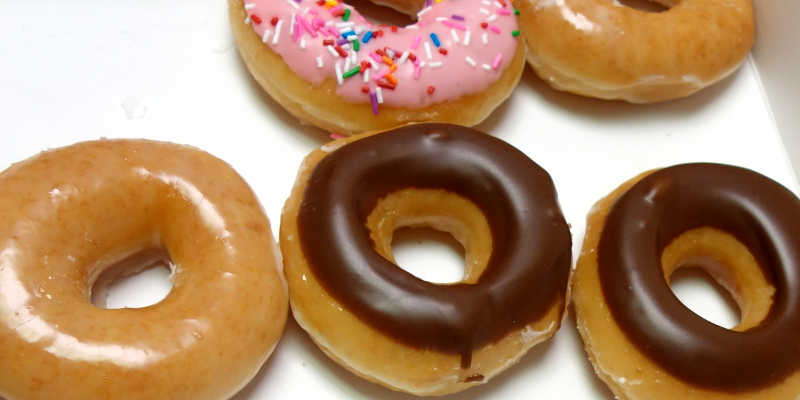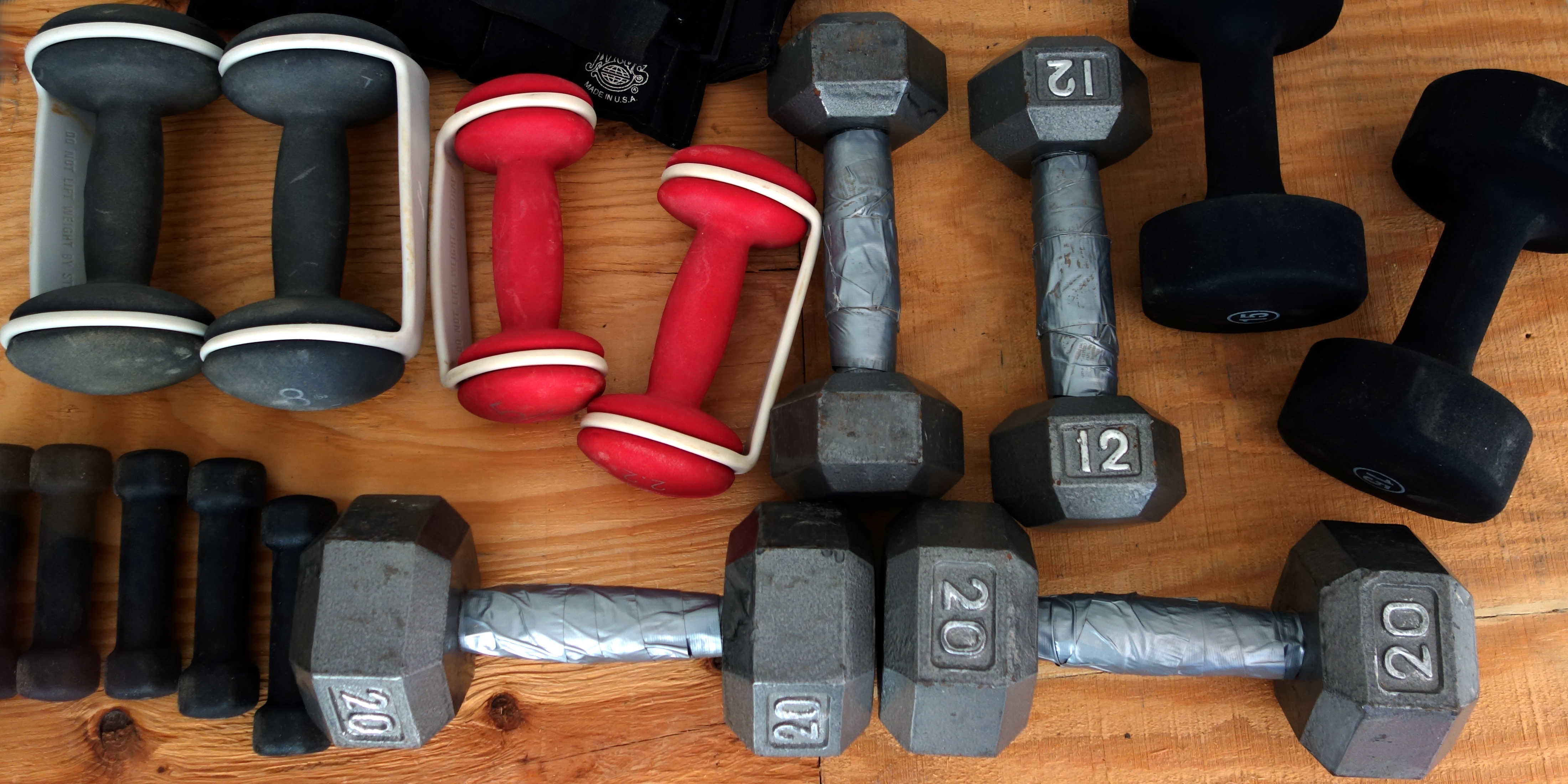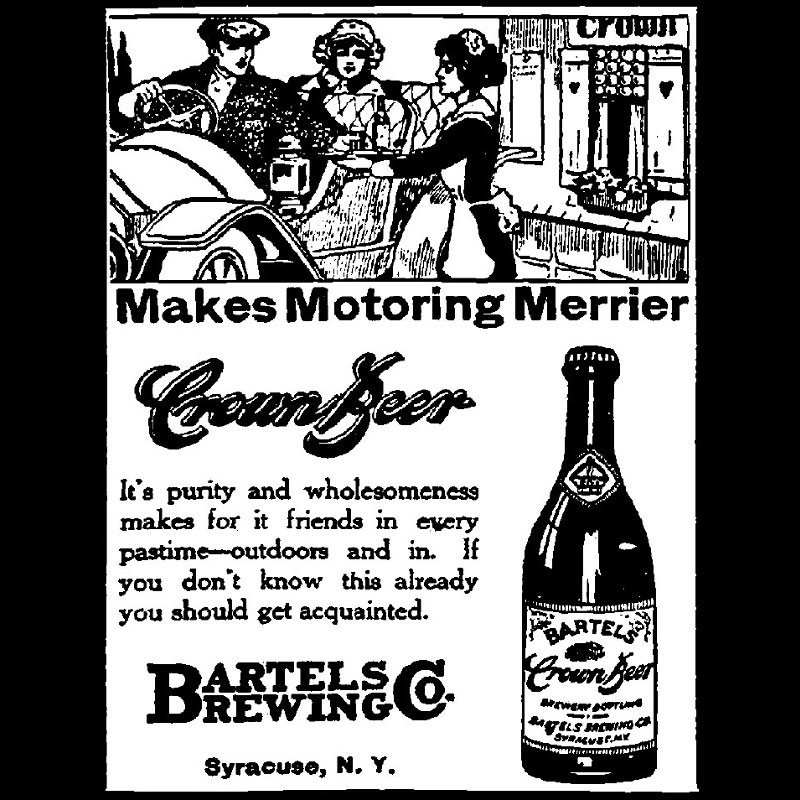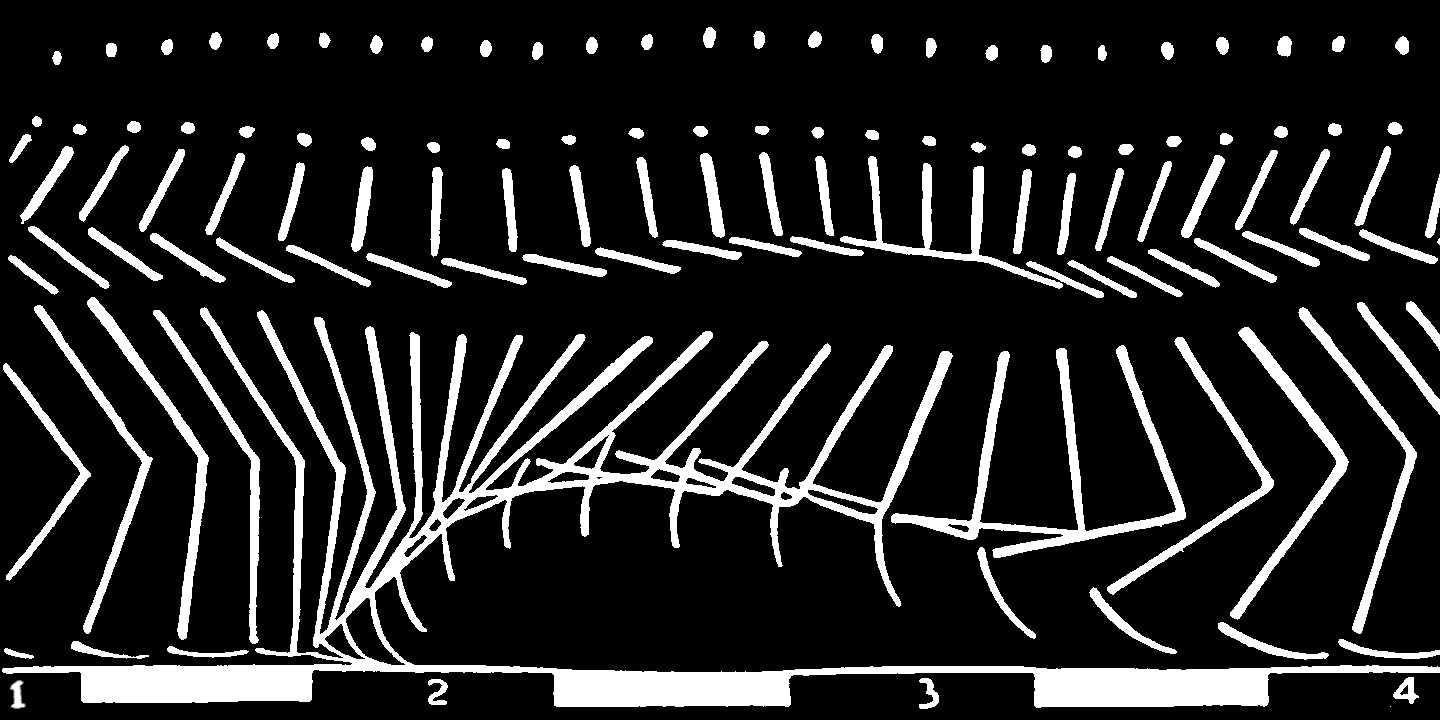My Weight Loss Testimony
I used to be a fat kid and I hated it. I really hated being fat. I was not born with nor had I acquired a physical condition that led to my situation or prevented me from changing it. My situation was my own fault.
In elementary school, I ate too much candy and too many sweets. I was lazy and watched hours upon hours of television. Somewhere along the way I picked up the idea that because smart and successful persons did not have to do hard labor, I would become smart and successful if I did the least amount of work possible.
This haughty, you-might-be-in-good-shape-but-I-am-smart worldview did not hold up to the acid test of reality. I gained weight until I became a ugly, weak, fat, miserable slob. And because I tried to compensate for my failures by picking on other obese kids, I also became a jerk.

My Epiphany
Eventually I started to ask questions. If I were as smart as I thought I was, then why had I not achieved anything of significance? Why was I out of shape? Was physical exertion truly something to be avoided? Was watching sitcoms packed with witty but cruel insults making me a better person? What did I have to do to be saved from the hell I was in?
Maybe, I thought, I was simply heading in the wrong direction and should turn around.
Turning Around
Changing from an obese and unhealthy kid into a trim and healthy person I could respect had challenges. Some were expected; many were not.
It is not a secret and was not at the time that the healthy way for a normal person to lose weight is to exercise and eat right, but it took me a while to realize this. For a long time, I had tried to lose weight by squeezing it off with tight clothes. This only resulted in producing the sausage look with a squeezed-in waist between a large belly and a large bottom. I had tried "cooking" my fat away by lying in the sun. This, too, never seemed to work and has probably contributed to current dermatological problems. Fortunately, I never tried pills.
The only approach that seemed to work was to get moving and change my diet—a lifestyle which took a while to settle into.
Physical Challenges
The strategy I eventually adopted was to continually make small improvements.
This was simply a backtrack over the path I had arrived on. It had taken years to get to where I was, and it would have been unrealistic to think I could quickly get to where I wanted to be. The small improvements eventually compounded and resulted in a major transformation.
As I adopted a life in motion and developed momentum, I discovered that exercise simply felt good. Granted, exercise made me tired, but I had felt tired before. And now the tiredness that came after exercising was compensated for by greater energy at other times. I noticed that I slept better from an exercise tiredness than from a laziness tiredness.

Healthy eating took a little getting used to but was not as difficult as I had imagined—at least not from a physical perspective. As much as I could, I switched to consuming whole grain bread instead of white bread, granola instead of Captain Crunch, and water instead of 7Up. Instead of snacking between meals on cookies or pastries, I challenged myself to see how long I could make a small carrot last by putting a pinch of it between my teeth and gums like chewing tobacco.
I was surprised to notice that as I ate more healthy food, I craved less junk food. Doughnuts started to repulse me. Moreover, I noticed that the foods I had previously not been able to stomach, such as broccoli and apples, became tasty. I easily ate a lesser total volume of food than I did before. These changes might have been a physical response, a psychological response, or a combination of the two.
After a while, I felt like a spring colt. I took pleasure in lifting weights and running for miles. I loved physical exertion. I sought out work as a laborer on a masonry crew for the purpose of getting paid for hard labor. Life was wonderful.
I believe an incremental approach to getting in shape is a realistic and reasonable strategy for most persons. For example, if a person were to lose 1 pound per week, after two years that person would be down over 100 pounds. The incremental approach can also contribute to habits that can make the loss permanent.
Exercising and eating right everyday of life is not hard to do. The hard part is switching over, and the hardest part of switching over is the mental part.
Sociological Challenges
For me the hardest part by far of moving from a life of obesity to a life of fitness was re-learning how to interact with strangers, friends, and family members.
Having become fit, I received more attention from others, and much of it was not good. I was stared at and leered at. Once I was crudely propositioned in a mall by a woman who had a child in tow. I started to pick up challenging and threatening vibes from other males with healthy physiques. Walking toward a gym bro could easily lead to a stare-down to see who would move out of the way first.
Previous relationships became strained because of diverging values. What few friends I previously had wanted to watch television; I wanted to get out and move. In highschool, one friend acted insulted because I told him I would rather walk somewhere than accept his offer for a lift. These situations were largely annoyances that I could tolerate. Eating meals was a different story because eating is a social event.

Eating with others is a rudimentary and often solemn way of sharing life, and it is often considered rude to eat in moderation. On top of this, society tells us with countless messages to eat junk food. Anyone who challenges social norms can expect to catch hell because of the implication that others are behaving inappropriately.
Shared meals can be especially problematic with family. During my youth, a dinner conversation might have sounded something like this:
| MOTHER: | I made a cake for your sister's birthday. |
| ME: | I don't want any. |
| MOTHER: | What? You don't want any cake? |
| ME: | No. |
| MOTHER: | Why not? |
| ME: | I am trying to lose weight. |
| MOTHER: | You don't need to loose any weight. Have a piece of cake. |
| ME: | No. Thank you. |
| MOTHER: | One piece isn't going to hurt you. |
| ME: | I don't want any. |
| MOTHER: | I worked all afternoon making this cake for your sister's birthday. Just one little piece. |
| ME: | No. |
| MOTHER: | Why not? |
| ME: | I don't want to be fat! |
| FATHER: | Don't talk to your mother like that. |
| ME: | Why does it matter if I eat a piece of cake or not? |
| FATHER: | We want you to be a part of the family. |
| ME: | But it's not healthy. |
| MOTHER: | Oh. So you think my cooking is unhealthy. |
I did not have good social skills in those days, so the conversation would rapidly go downhill. The worst part is that after a few such dramas, I would start to wonder if my parents really loved me; and they, I imagine, would question if I really loved and appreciated them.
And it is strange to remember that as a wee lad I would question my mother's love for me if she would not let me have a cookie.
Drinking has also led to challenges. Society tells us with countless messages that soft drinks and alcohol lead to excitement, youthfulness, and good times. I can vouch for the excitement part. Getting cavities filled and vomiting in a stupor are exciting, but few drinkers I have known have aged well or have lived a life that I would consider appealing.
A friend responded with contempt when I, at sixteen, opted out of stealing a six-pack to catch a buzz with him. Situations like this can be stressful for adolescents with few friends. As an adult, I once tried to get around the social drinking problem by offering two law enforcement buddies some non-alcoholic beer. They accepted out of politeness, but the situation was awkward.

I handle these situations better now. There is simply no reason to drink something that tastes like gasoline, would make me fat, stupid, and dangerous, and would contribute to an early sexual decline. If someone wants a beer, fine; but I am staying away from alcohol like it is rat poison.
Psychological Challenges
From an psychological perspective, being healthy felt weird for a long time.
Being a healthy weight often made me feel like a new person with a new personality. I had to get used to feeling guilty while being around out-of-shape family members and friends. Sometimes I would unintentionally overexert myself and throw something too hard or slam a door. Looking in the mirror was strangely fascinating.
For many years after losing weight, I felt like I was still obese. This phenomenon is likely related to the sensation of an amputee who reports still being able to feel a lost limb. And for about a year, I overdid it and lost too much weight, which took about a year to regain.
The up side is that excessive weight loss gave me a better understanding of and sympathy for those afflicted with anorexia nervosa.
Aging Challenges
Once the bloom of youth fades, it is easy to develop a dad body. Maintaining a healthy weight over time required adjustments to many long-held habits.
Around the age of forty, I left an outdoor, physically demanding job as a brick mason to work indoors in front of a computer. The work was interesting and had a better financial future but was obviously sedentary. I continued to eat as much as I had before. Needless to say, I gained weight.
I initially tried to lose my slowly inflating spare tire by adopting a weight-lifting regime. For a while I had the delusion that the weight was going to a sculpted upper body. I was de-deluded when I realized that I had been buying larger and larger pants and longer and longer belts. Additionally, pumping iron was no longer the pleasure that it had been in my teens, and I could never get excited about it.
I decided to re-calibrate by exercising lightly for long periods instead of intensely for short periods. This is somewhat similar to what I had been doing as a mason. But because I did not want to return to laying bricks, I had to find other moves. One of the best I discovered was walking.
It was during a graduate school class trip to Paris, France, that I fell in love with walking as a way to control my weight. I was so excited by the City of Lights that I walked for over 8 hours every day for the week I was there. I ate less because walking seemed to distract me from the desire to eat.

The strangest part of the trip was that when I would stop to admire a building or artwork, my feet would start to hurt. The discomfort would leave when I started walking again. When I returned home, my belt was two notches tighter.
I still take long walks, and I recommend walking to anyone wanting to lose weight or to keep from gaining weight. My walks are typically about 4 hours per session and typically at night to avoid the sun.

Be aware that night-time walks require a high situational awareness to avoid threats, primarily from cars. Long walks can also lead to skin chaffing. This can be avoided or mitigated by per-applying Vaseline on areas prone to rubbing such as ones inner thighs, arms, and buttocks.
A long, low intense workout has a large opportunity cost, which for the uninitiated, is defined as the the value of what could be gained by doing something else. For example, if a physician earns $100 per hour, and walks for four hours twice a week instead of working, then the walks have cost $800 a week, or over $40,000 a year. Part of this can be alleviated by multi-tasking with MP3s, but the cost is still substantial—unless one considers the alternative.
Is it Worth it?
Yes, it is worth it both professionally and personally.
When I was obese, I was living like I was carrying a backpack filled with thirty pounds of sand everywhere I went, all of the time. This weight limited what I could do and enjoy. Being fit is a critical part of out-of-hospital emergency care, the quality of which is directly related to the health of a care provider. This is especially true for those who move or rescue patients.
Being physically fit has expanded my world and changed my worldview. I see fitness as a status symbol. It is evidence of dedication, discipline, and hard work. Fitness cannot be bought, borrowed, or stolen. Being fit is more impressive than having an expensive car, watch, or home. It sets a good example and can help one to raise physically fit and honorable children.

My quest for health and fitness has been an adventure. It is now a way of life, and I cannot imagine living any other way.
